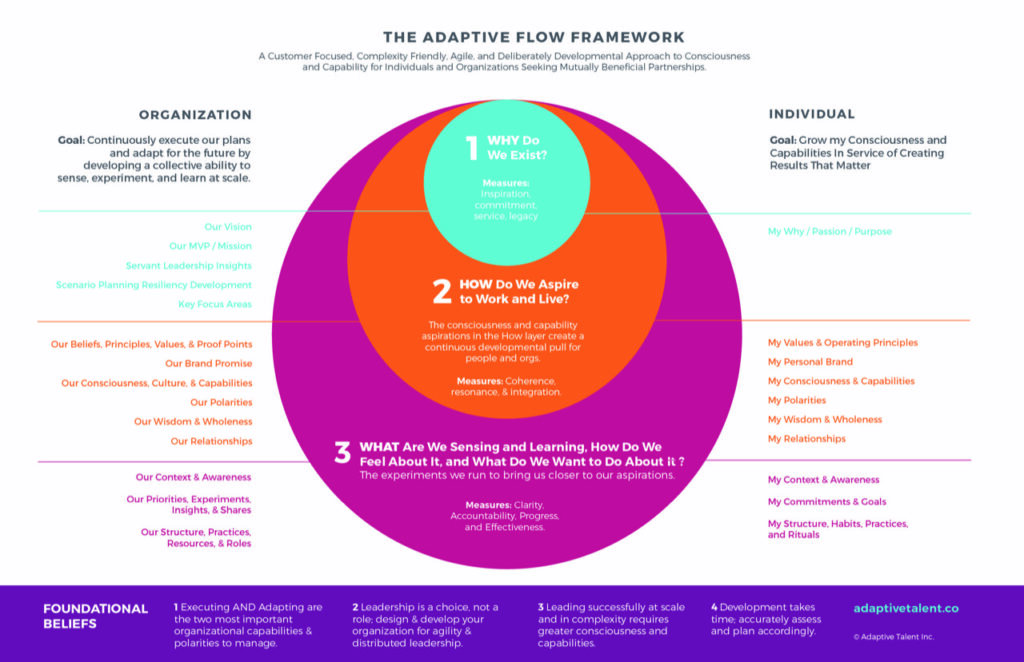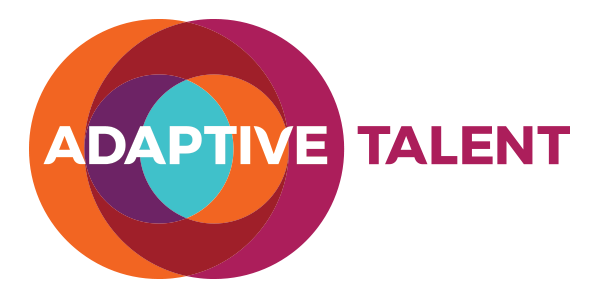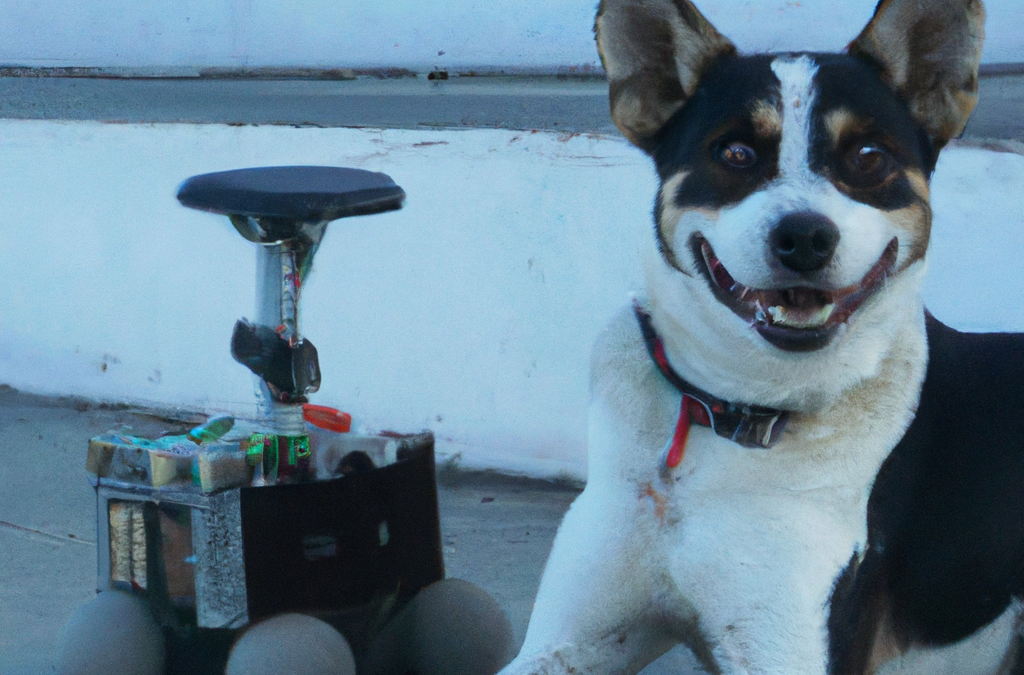Peter Diamandis is a businessperson, futurist, and author (Exponential Organizations is a great book and now has its update available online). He shaped my perspectives on organizational capabilities by showing how small companies can have a disproportionally large impact in the marketplace by mastering certain capabilities like staff on demand, community and crowd, interfaces, algorithms, etc. AI enables many of these things and so like everything in life we need to learn how to crawl before we walk, and the time to “get on experimenting” is now.
His most recent blog is worth reading as it contains some interesting stats and a list of different AI tools that are already available and being deployed by organizations. It’s not whether you’re ready to try these things out, but rather what advantages your industry competitors are generating or enhancing by enhancing services through customization, lower costs, higher productivity, etc.
He even recommends hiring a Chief AI Officer to assess vendors, leverage your organisation’s data, and begin coordinated experiments and implementations of AI across the enterprise. Below are some highlights and a few closing comments from me.
How Entrepreneurs are Using Generative AI:
- Text Generation & Copywriting (Examples: ChatGPT, Google Bard, Jasper, Copy.ai, Writesonic, etc.)
- Customer Experience & Support (Examples: Anthropic, Cohere, Intercom, HubSpot Chatbot, etc.)
- Code Generation & Debugging (Examples: ChatGPT, OpenAI Codex, GitHub Copilot, Codeium & AlphaCode.)
- Image Generation & Editing (Examples: Midjourney, Stable Diffusion, Adobe Firefly, DALL-E, BlueWillow & DeepAI.) Brad: In fact, the Featured Image of this blog was generated by DALL-E using the prompt “A dog smiles while sitting next to a robot .”
- Video Generation & Editing (Examples: Descript, Synthesia, Kaiber, Genmo, etc).”
Peter’s 5 predictions for how AI will shape the future of the business:
“1. Experiments: AIs will help great ideas (and entrepreneurs) scale rapidly by running an astronomical number of digital experiments for companies, optimizing every element of the value creation chain. AIs will generate their own hypotheses and the experiments needed to validate them.”
Readers of this blog will recognise experiments as a fundamental organizational capability emphasized in my Adaptive Flow Framework. The collective ability to sense, experiment, and learn faster than the competition enables better execution and adaptability, and using AI turbocharges everything.

2. Metaverse: AI will finally unlock the full potential of the metaverse as AR + VR + AI generate high-resolution customized user experiences for the purpose of commerce, education, entertainment, and health. AI-generated avatars and environments will become increasingly lifelike and massively personalized and compelling.
3. Emotional: AI will increasingly exhibit emotional sensing, will likely penetrate further into our private lives developing a Jarvis-like capability (i.e., from the movie Iron Man) that makes it indispensable and a co-pilot for daily life and every profession.
4. Professional AI Co-Pilot: We will see ever-increasing AI-human collaboration in more places. Every profession including CEO, medical doctor, lawyer, Chief Marketing Officer, etc. will have an AI co-pilot to help them achieve their professional goals. For example, within 5 years it will become malpractice to diagnose a patient without AI in the loop. Beyond this, within the decade we will see AI at the top of corporations, including on boards of directors and at the senior management level.
5. DAOs: We also will see an explosion of AI-driven decentralized autonomous organizations (DAOs)—that is, company operations that are entirely AI, complete with decision-making powers. Not surprisingly, AIs that are part of a company will develop their own Algorithms that will gather and develop their own data to maximize desired outcomes.”
Implications for the People & Culture Function:
It’s early stages but generative AI feels to me like the early days of the internet when you could not believe the sheer amount of content you could quickly and easily access. My gut tells me that two things will be paramount:
(1) we will see an atomization of people’s skills, knowledge, abilities, and interests that will allow much more useful matching of opportunities, growth / development agendas, and likely smaller full time staff as on-demand staff become easier to discover, connect, and deploy and full time employees become much more productive as they automate and use AI.
This means P&C leaders need to find an AI solution(s) for talent acquisition, development, utilisation, succession / talent management, etc. and they need to develop the leadership maturity of employees to fully benefit from more powerful tools. It is an entirely different feeling when you think you’ll be replaced by AI compared to when you have the autonomy to innovate with your tech.
(2) P&C leaders need to zoom out and think holistically about their impact and influence across the company beyond their programs. Those are important, but so are the other initiatives that need to get done, so I’d love to see a truly detailed people capability strategy that helps leaders assess whether something is realistic, and/or clearly see how they can close that gap. That doesn’t mean you are leading those initiatives; sometimes you’re collaborating as co-owners, and sometimes you’re supporting from behind. Whatever arrangement you do have, it’s explicit and realistic.
Moreover, just because technology allows you to do something does not mean that it will be great for the employee, customer, or partner experiences and thus you really need to think about the first, second, and third order of impact on the human experience and your organizational culture as AI impacts your organization. I believe that certain cultural aspirations need to be tangible enough that a group of people can use them as design thinking aids, and that those principles can be evolved over time based on experience and increasing scale. Said differently, don’t lose your collective soul or aspirational character in the rush to deploy AI.
---
Adaptive Talent is a talent consultancy designed to help organizations achieve amazing results and ongoing adaptability. Founded in 2008 and based in Vancouver, Canada we offer retained and contingent search, assessments, training, leadership coaching (1:1 and group), leadership development programs, and culture & organizational development consulting.

